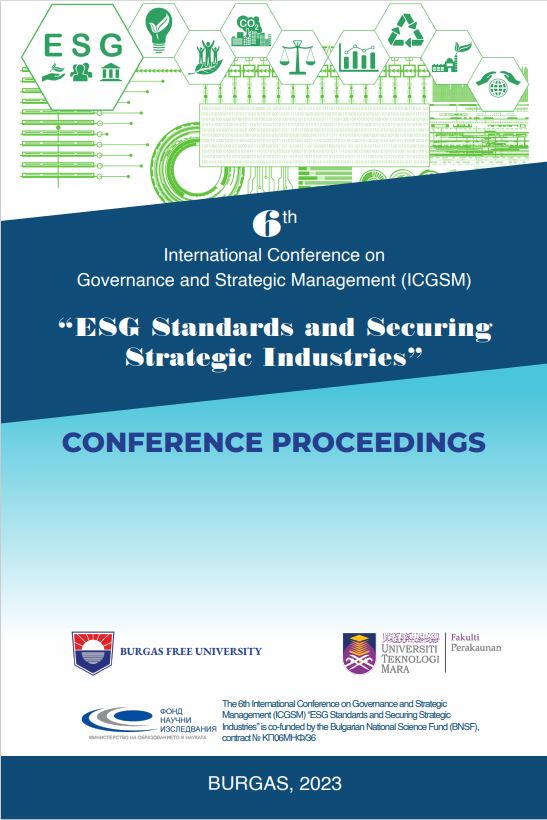DIAGNOSTIC VERSION OF STUDYING THE EMOTIONAL HEALTH OF PRE-SCHOOL CHILDREN AFTER THE PARENTS'
DIAGNOSTIC VERSION OF STUDYING THE EMOTIONAL HEALTH OF PRE-SCHOOL CHILDREN AFTER THE PARENTS'
Author(s): Ina Dimitrova
Subject(s): Social Sciences, Psychology, Developmental Psychology
Published by: Бургаски свободен университет
Keywords: diagnostics; emotional health; kindergarten; parents; families with a broken structure; emotional intelligence; attitudes; family values; development; professional realization
Summary/Abstract: The publication is focused on researching the emotional health of children whose families have a broken structure (parental separation). The questions around which the research is organized are related to the search for answers: to what extent is the emotional health of children in a family with a broken structure preserved, what is the degree of development of the emotional intelligence of the parents. The tests that are included are: "My Family" test; Palette of Feelings test; parent survey; survey with the children. Ten families who are separated or in the process of divorce have been diagnosed. Testing with parents aims to assess their emotional intelligence and the degree of interest in mental state and emotional health for future professional realization, not only affecting their education, but communication with others and self-image as a full-fledged person. The questions concern: their attitude towards marriage; family values, as key in raising and educating the child; sources of information in case of need or responsibility, as a parent. The results obtained are good and encouraging. When reporting the results, the children were divided by gender: 51% of girls have preserved emotionality, 40% of boys have preserved emotionality, 2% of girls have severe emotional impairments, 7% of boys have severe impairments. The conclusions of the conducted research are that the parents of the 21st century are informed and know in depth the mental and emotional needs of children and show responsibility and concern. Also, emotional intelligence is fully formed and they seek daily information about their own development as parents. They accept teachers as people with ideas and a "key" to the correct and healthy development of their child in all aspects.
- Page Range: 354-357
- Page Count: 4
- Publication Year: 2023
- Language: English
- Content File-PDF

